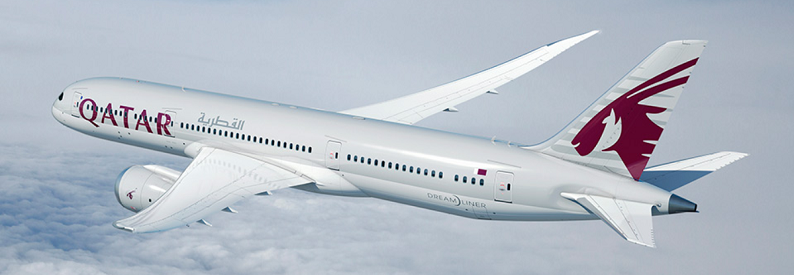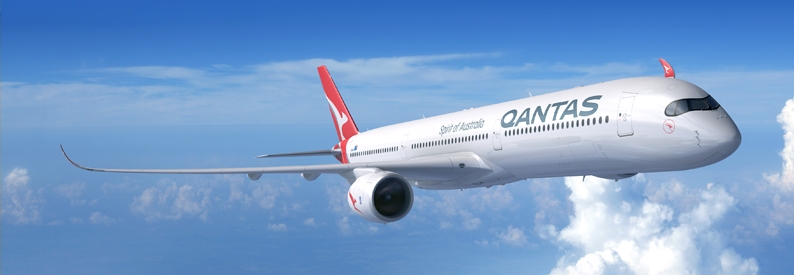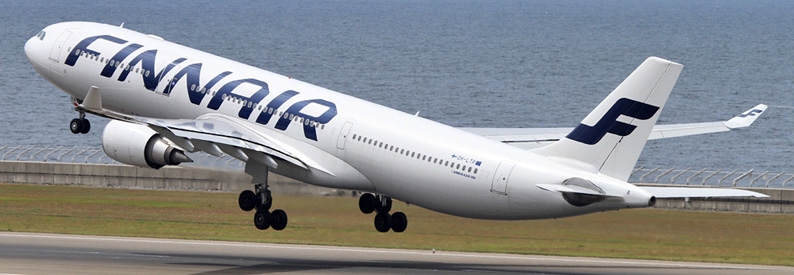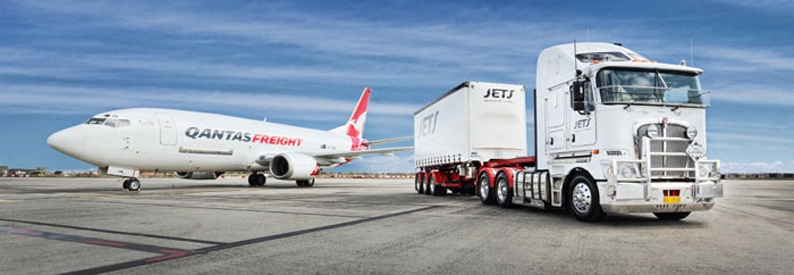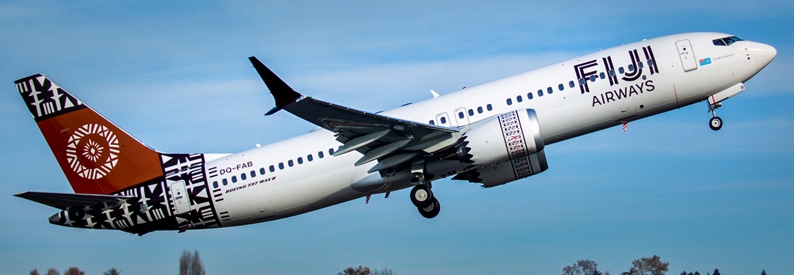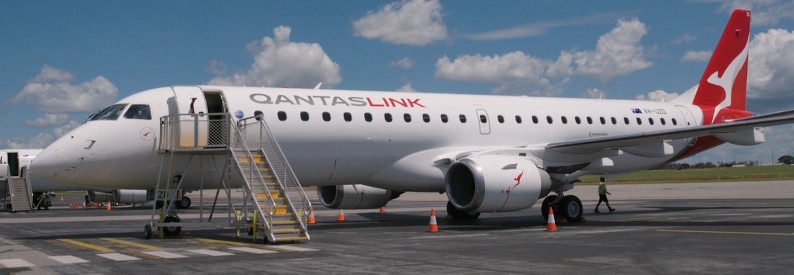The Australian Competition and Consumer Commission (ACCC) has indicated that it will not extend a pre-existing joint coordination agreement between Qantas (QF, Sydney Kingsford Smith) and China Eastern Airlines (MU, Shanghai Hongqiao), saying in a September 15 draft determination that the venture's benefits do not outweigh its competitive threats.
The ACCC authorised the alliance for five years in 2015, which allowed the two airlines to cooperate and coordinate their operations on the Australia - China country pair across a range of areas, including but not limited to schedules, frequencies and connection times; expanding connecting services and destinations; developing new fare products and promotions; and allowing reciprocal inventory access and provision of information to agents. In 2021, due to the exceptional circumstances created by Covid-19, the ACCC okayed the agreement continuing for a shorter period, albeit with conditions.
This year, the agreement came up for review again. In March, the ACCC granted the two airlines interim authorisation to continue the alliance while considering their case. Eight passenger airlines are back flying the country pair after most suspended flights during Covid. They include China Southern Airlines, Xiamen Airlines, Air China, Sichuan Airlines, Hainan Airlines, Capital Airlines (China), Tianjin Airlines, and China Eastern, which fly the Wuhan - Sydney, Nanjing - Sydney, Shanghai Pudong - Sydney, and Shanghai Pudong - Melbourne Tullamarine routes. The airline will also start flights between Shanghai Pudong - Brisbane International on October 31. Qantas is returning to China in late October, flying the Sydney - Shanghai Pudong route with A330 stock.
The ACCC's concern is that China Eastern (and soon Qantas) will be the only airlines flying the Sydney - Shanghai route. "We are concerned that the authorisation would provide Qantas and China Eastern with the opportunity and incentive to increase prices, compared to what they would charge absent the alliance, by limiting or delaying the introduction of additional capacity on the Sydney-Shanghai route as passenger demand continues to grow," said ACCC Commissioner Anna Brakey late last week. "At this stage, we are not satisfied that the likely harm to competition from Qantas and China Eastern's proposed coordination would be outweighed by any potential benefits."
After sustaining some criticism for waving through too many mergers and proposed joint ventures across various sectors, a more assertive ACCC has begun rejecting many, including this year, the ongoing agreement between Virgin Australia (VA, Brisbane International) and Alliance Airlines (QQ, Brisbane International), and a bid by Qantas to buy a 100% stake in Alliance Airlines. The ACCC has also recently commenced court action against Qantas for continuing to sell tickets on up to 8,000 flights it had already cancelled. The regulator is seeking penalties of approximately AUD200 million (USD129 million).
"We will review the ACCC's draft decision in detail and work to address their concerns ahead of a final determination," a Qantas spokesperson told ch-aviation. "This tie-up was first approved in 2015, and in that time, millions of customers have benefited from the coordination on flight schedules, frequent flyer programs and streamlined check-in and connections. The flow-on benefits for tourism have also been significant."
Traffic on the China - Australia country pair is yet to recover to pre-pandemic levels. However, Sydney Airport says the number of Chinese nationals passing through its international terminal in July was back to 76% of the comparable 2019 level. A Melbourne Airport spokesperson told ch-aviation seven out of their eight Chinese carriers were back. "In August our (Chinese) passenger numbers were at 77% of pre-covid levels, with capacity sitting at 84%," the spokesperson said. Before the pandemic, China was Australia's biggest source of inbound tourists, with the larger operators like China Southern sending several A380-800s a day into Australia's bigger airports.
The ACCC is seeking submissions in response to the draft determination by October 6, 2023, before making its final decision.

